“Learning to stand in somebody else’s shoes, to see through their eyes, that’s how peace begins. And it’s up to you to make that happen. Empathy is a quality of character that can change the world.” – Barack Obama
Throughout my life, I have noticed that we, as humans, have a tendency to sugarcoat each other’s experiences by minimizing them, telling them that things will get better or that “this too shall pass.” While our intention is usually good, the effects are not always helpful.
As Dr. Brené Brown says, true empathy is being able to take someone’s perspective, remove judgment, and meet them where they are. It is like crawling into a dark hole with them and holding space for their experience. True empathy never starts with “at least.”
One tip that I found extremely helpful in my graduate studies was about learning to implement the acronym “WAIT” into my therapeutic processes with patients. When I’m listening to someone describe their experience or explain their feelings, I may have the urge to jump in and give my feedback at that moment.
Related: 44 Empathetic Statements That Will Make You The Greatest Listener
If I ask myself, “Why am I talking?” it helps me to check my motives and implement a sacred pause. This pause during a brief moment of silence could be incredibly crucial for that person to continue digging further.
We can use “WAIT” in our daily conversations and interactions with those in our lives. If someone shares something incredibly painful to you, the urge to “silver line” their experience may be visceral. We may want to share our own experience, tell them about someone who went through the same thing or provide some spiritual or motivational anecdote. But is this always helpful?
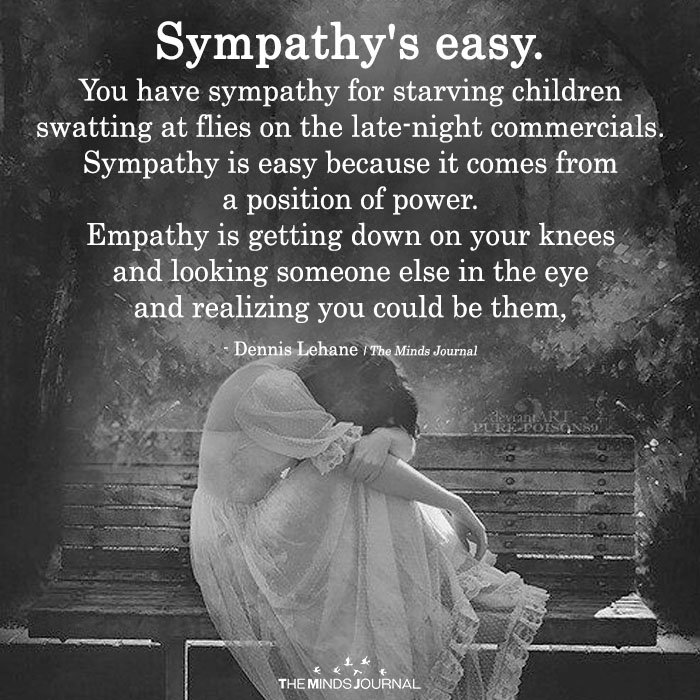
When applying this tool, I find that more often than not, I am giving someone my two cents, because it is about me. This doesn’t make me inherently selfish and self-seeking, but rather a normal human being who tends to be egocentric by design.
That’s okay; we need not shame ourselves for our human nature. What we can do, however, is grow into a person who is able to hold space for our loved ones and be present for those moments of genuine empathy.
Related: 8 People Skills You Need To Succeed In Your Work and Relationships
If it doesn’t feel uncomfortable at first, you may be doing it wrong. I definitely subscribe to the notion that we grow through our discomfort. If we tell ourselves, “I’ll be willing to do that once I’m more comfortable,” we may be waiting forever. The reality is that we get comfortable by walking directly through the discomfort.
So try it out! May empathy be with you.
Written By Hannah Rose Originally Appeared On Psychology Today
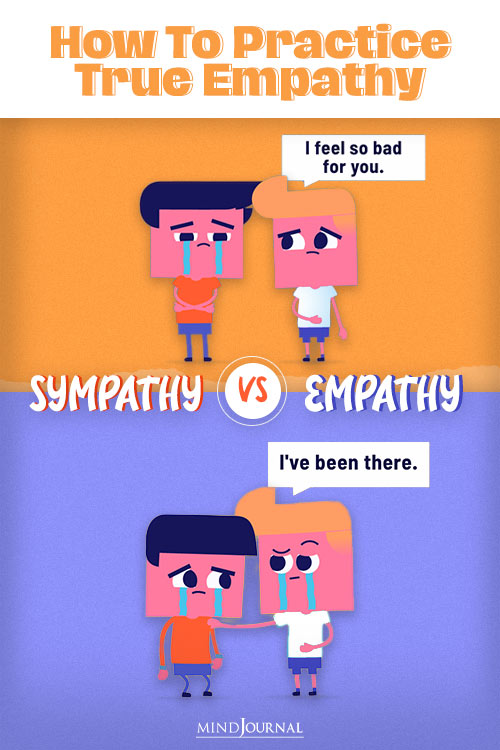

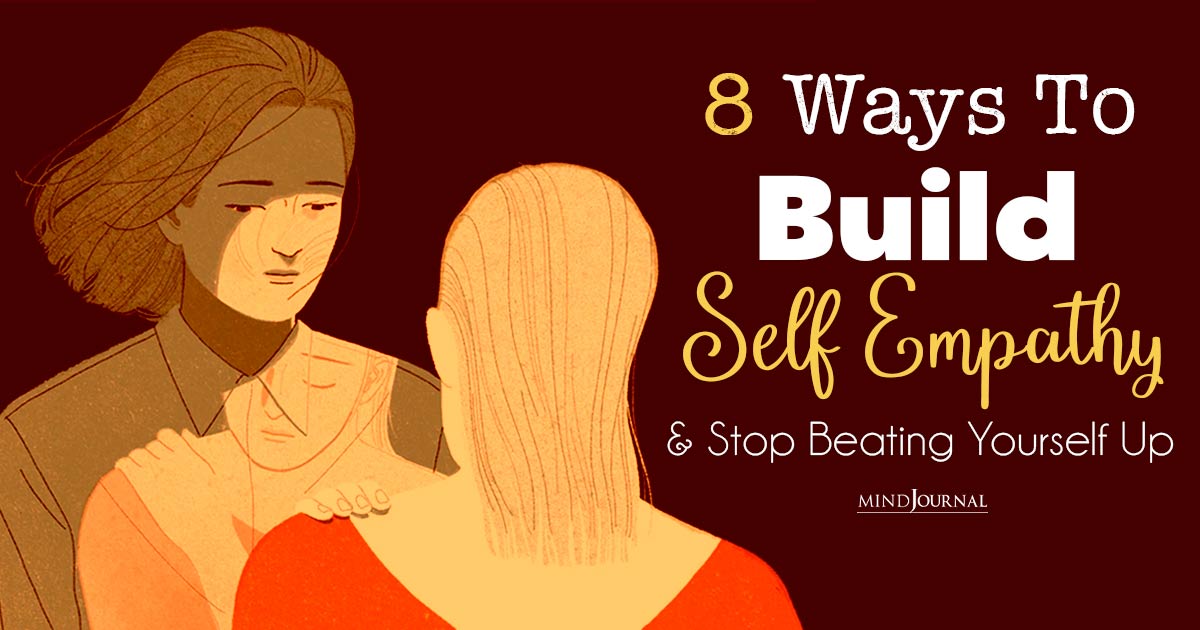


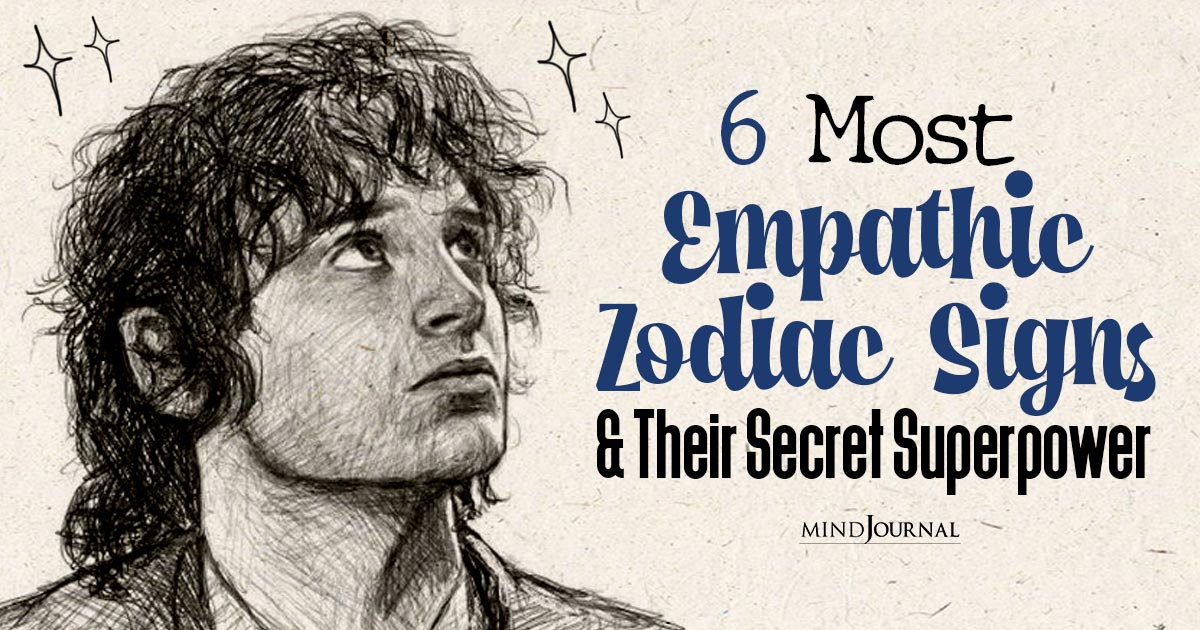

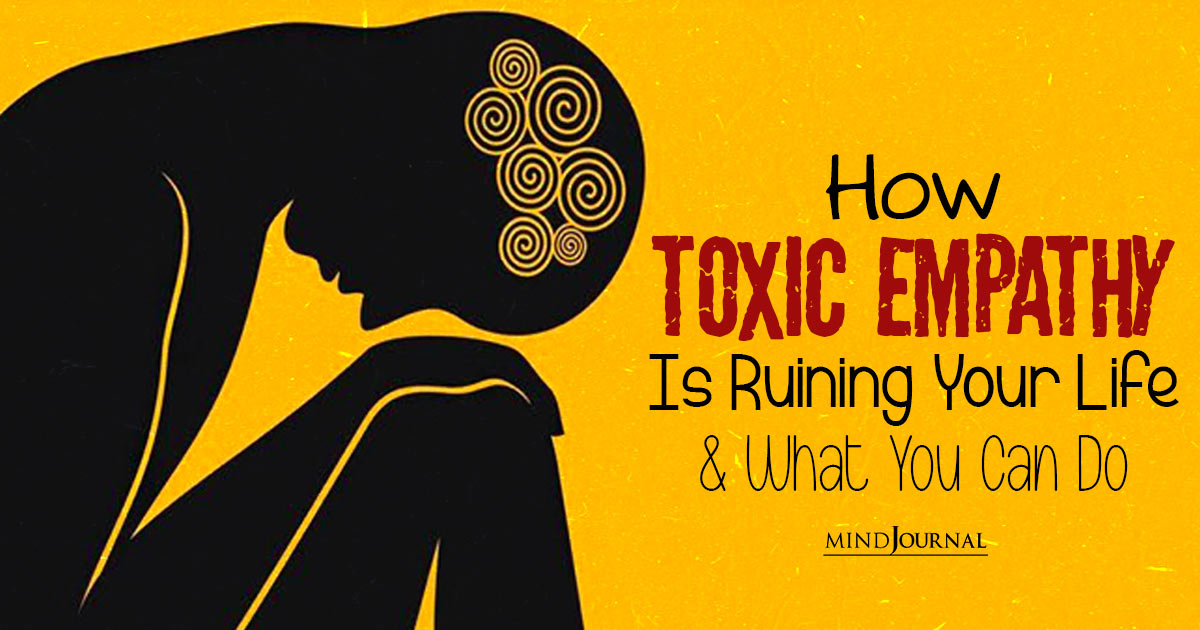
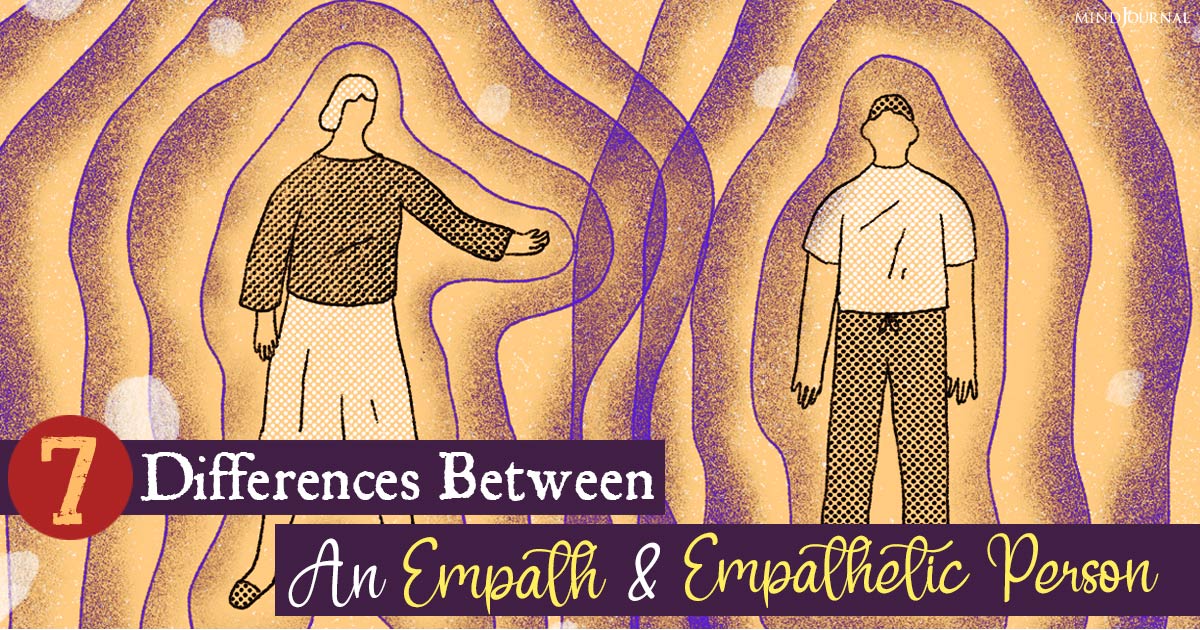
Leave a Reply
You must be logged in to post a comment.